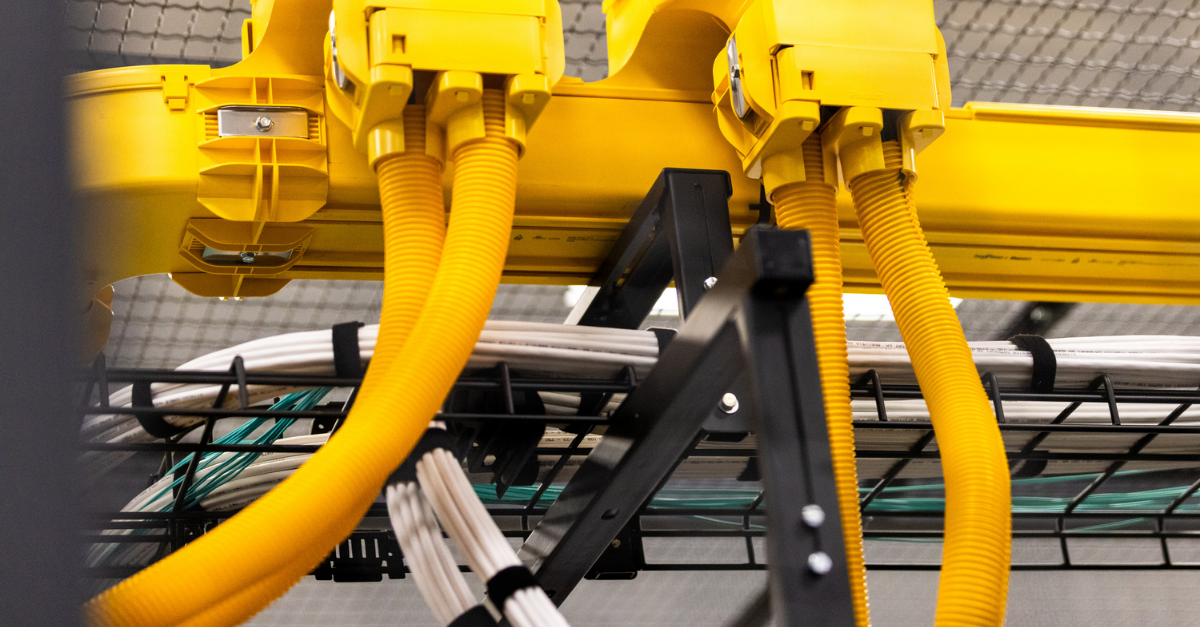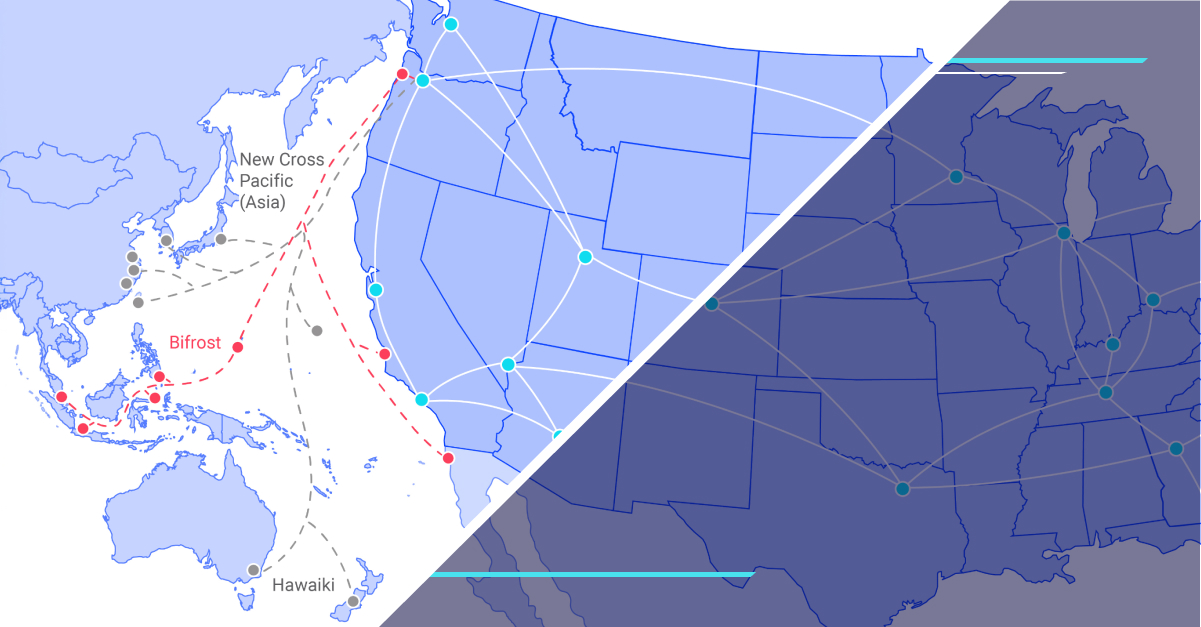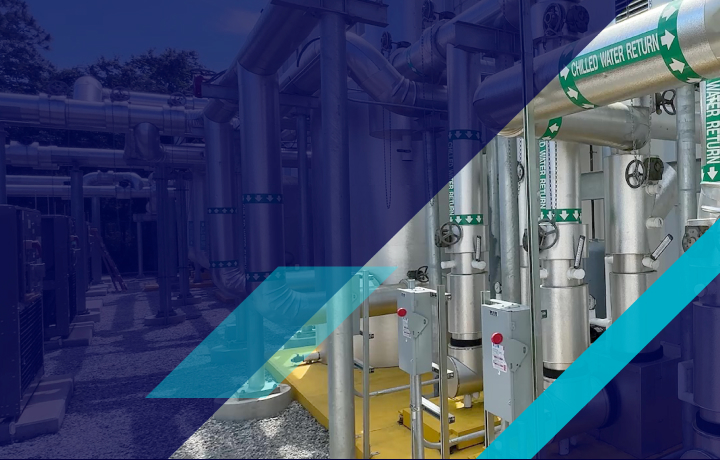
In a recent Flexential webinar, "The AI Imperative," explored the transformative impact of artificial intelligence (AI) on technology, business, and infrastructure. This comprehensive discussion highlighted the profound ways AI is reshaping various sectors and the critical role data centers play in supporting this evolution.
AI as a global economic booster
AI is not just a technological trend; it's a global economic force. Insights shared in the webinar indicate AI is set to contribute an additional 3-10% to the global GDP in the coming years. This growth is driven by the integration of large language models (LLMs) and the expanding Internet of Things (IoT) landscape, accelerating demand for data and AI-driven solutions across industries such as retail, healthcare, and enterprise operations.
Overcoming AI architecture challenges
Deploying AI infrastructure introduces significant challenges. High-density and thermal loads from AI workloads can strain traditional data center setups. Complexities also arise from internal and external networking demands, security, and resiliency. Flexential experts emphasized the need for robust strategies to address these evolving demands and the value of choosing a high-density, purpose-built data center to support AI deployment.
Energy consumption: A key consideration
AI platforms consume significantly more energy than traditional computing. A single generative AI query can consume 300-400 Watt-hours of electricity, far exceeding the 0.3 Watt-hours used by a typical search. This spike in power demand highlights the urgency for innovative cooling solutions and a shift toward renewable energy sources to scale AI sustainably.
Developing AI policies and strategies
To stay competitive, companies must develop comprehensive AI policies and strategies. Addressing the risks and privacy concerns associated with AI, planning for latency and speed of light limitations, and leveraging emerging technologies like 5G and 6G are crucial steps. Companies that fail to do so risk being left behind in this fast-evolving landscape.
Managing resource demands
The escalating demand for resources, including power, steel, and essential raw materials like lithium, is another critical issue. Efficient deployment of AI workloads, exploration of liquid cooling solutions, and a shift towards renewable and potentially nuclear energy are among the strategies being explored to meet these demands sustainably.
Simplifying data management
Flexential is actively addressing these AI demands with solutions like Flexential Fabric—a scalable, secure port that simplifies cross-platform data movement and accessibility. This supports the hybrid multi-cloud models needed to train and infer from AI workloads with maximum flexibility and performance.
Preparing for tomorrow, today
The future of AI is promising but requires strategic preparation. The webinar underscored the importance of developing robust AI strategies to navigate the complexities and harness the full potential of AI technologies.
To further support this journey, Flexential now offers an AI Strategy Workshop—a hands-on, tailored engagement designed to help organizations assess infrastructure readiness, align business priorities with AI use cases, and define a pragmatic roadmap. Learn more and request your custom AI Strategy Workshop.
Conclusion
AI is reshaping the world at an unprecedented pace, driving significant economic growth and transforming industries. However, this transformation comes with challenges that require strategic planning and innovative solutions. Flexential insights and technologies provide a roadmap for businesses to navigate the AI landscape effectively, ensuring they can leverage the full potential of AI while addressing the associated challenges.






